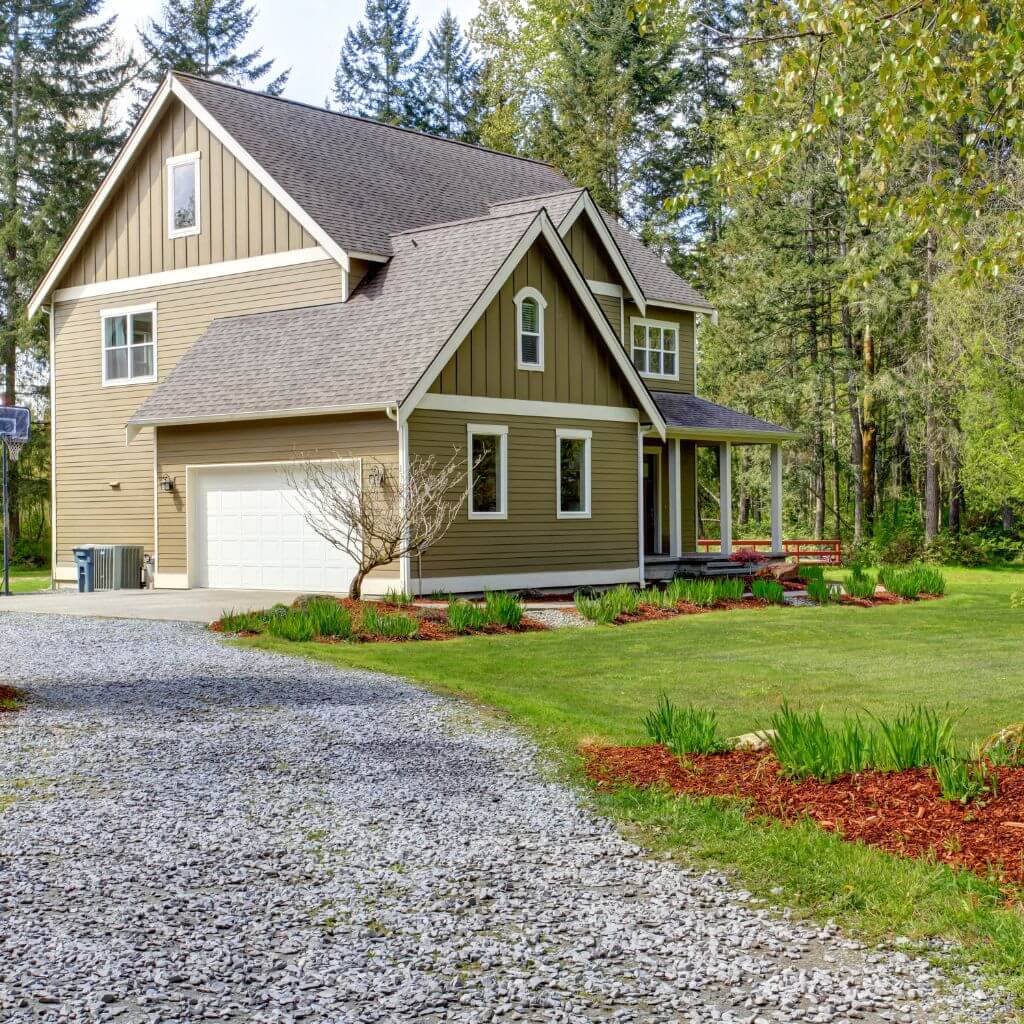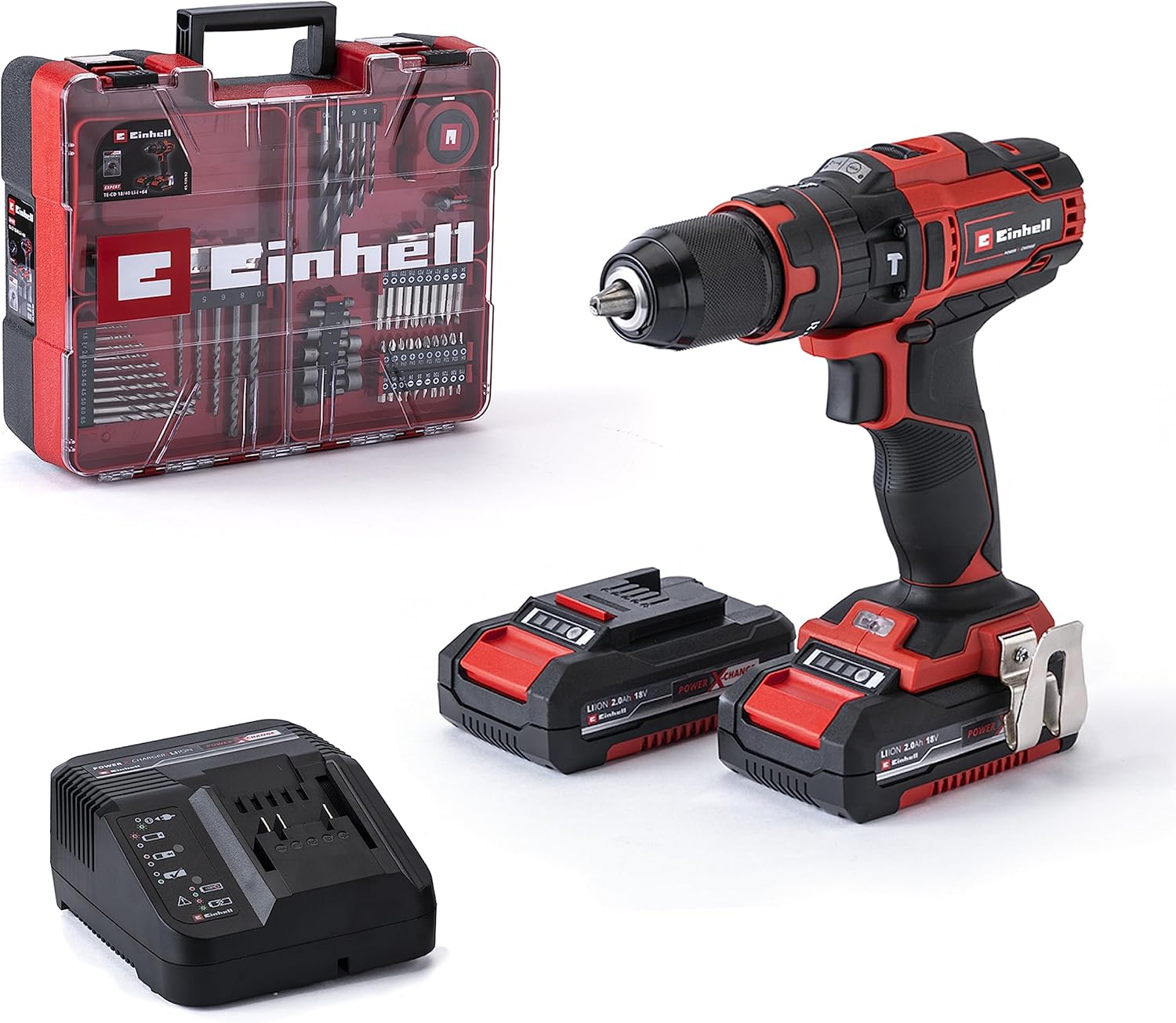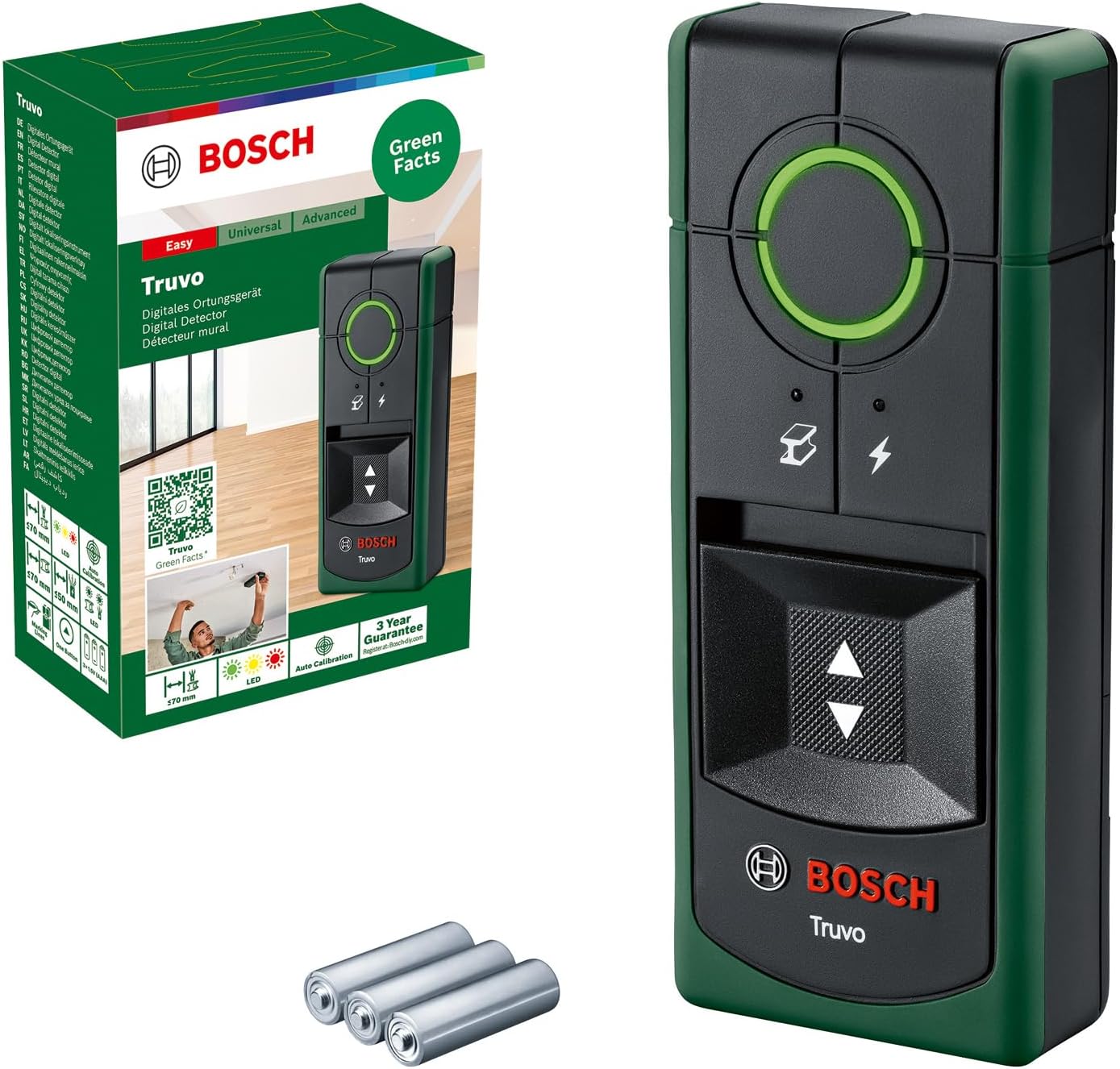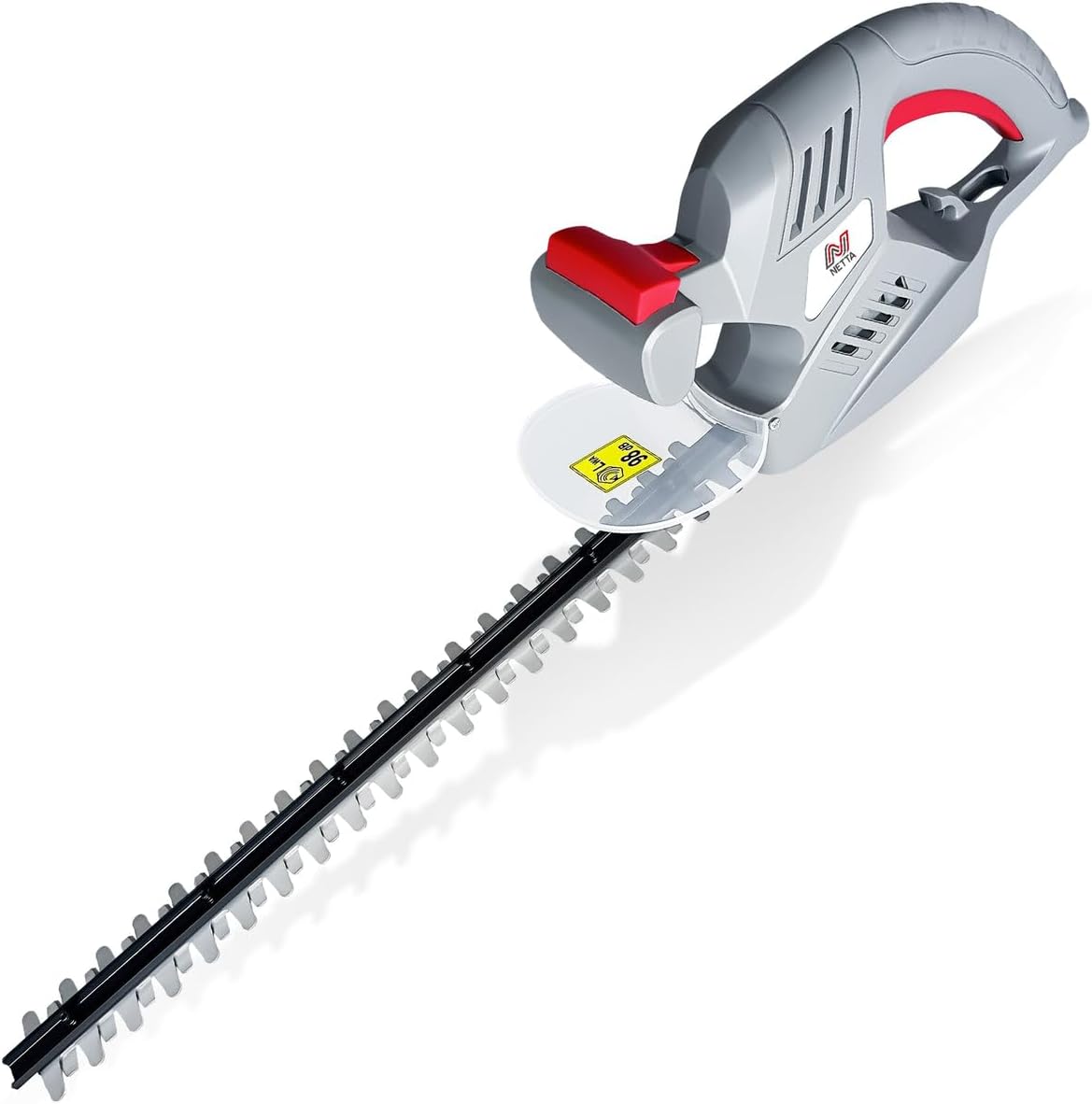
Looking to enhance the overall aesthetic of your outdoor space? Look no further! This article will guide you on how to find the best landscaping aggregates right in your local area. Whether you’re in need of gravel, sand, or decorative stones, we’ve got you covered. By the end of this article, you’ll be well-equipped with the knowledge and resources to transform your yard into a stunning oasis. So, let’s get started on your journey to finding the perfect landscaping aggregates near you!
What Are Landscaping Aggregates?
Definition of landscaping aggregates
Landscaping aggregates refer to various materials used in landscaping projects to enhance the aesthetic appeal and functionality of outdoor spaces. These aggregates are commonly used to create pathways, driveways, patios, and decorative features in gardens and yards. They come in different sizes, shapes, and colors, and are typically made from natural materials such as gravel, crushed stone, river rocks, and sand.
Various types of landscaping aggregates
There is a wide range of landscaping aggregates available, each with its own unique characteristics and uses. Some common types of landscaping aggregates include:
- Gravel: Gravel is a popular choice for pathways and driveways due to its durability and low maintenance requirements. It comes in various sizes and can be easily matched to the existing landscape.
- Pea Gravel: Pea gravel is smaller in size compared to regular gravel and is often used for decorative purposes, such as in flowerbeds or around trees. It provides a softer, more aesthetically pleasing appearance.
- Crushed Stone: Crushed stone is a versatile landscaping aggregate that can be used for pathways, patios, and as a base for outdoor structures. It comes in different sizes and colors, allowing for creative design options.
- River Rocks: River rocks are smooth stones that are usually found near rivers or water sources. They are commonly used for water features, garden borders, or as decorative accents in landscaping projects.
- Lava Rock: Lava rock is a lightweight and porous landscaping aggregate that is commonly used in the construction of fire pits or as a mulch substitute. It is known for its unique texture and color variations.
- Boulders: Boulders are large rocks that can add a dramatic and natural element to any landscape. They can be used as focal points, retaining walls, or as seating areas in outdoor spaces.
- Timberlite: Timberlite is a lightweight landscaping aggregate made from recycled glass. It is often used as a substitute for traditional mulch and provides a distinct and colorful appearance to the landscape.
- Sand: Sand is commonly used in landscaping projects to create soft and inviting areas, such as sandboxes or beach-like features. It can also be used as a base for pavers or as a stabilizer for soil.
- Mulch: Mulch is an organic landscaping aggregate made from shredded bark, wood chips, or other natural materials. It helps retain moisture in the soil, suppresses weed growth, and adds a finished look to flowerbeds and gardens.
- Decorative Aggregates: Decorative aggregates include various stones, pebbles, and chips that are used solely for their visual appeal. They can be used as accents in gardens, around water features, or as ground cover in specific areas.
Importance of Using Quality Landscaping Aggregates
Enhances the overall aesthetic appeal of the landscape
Using quality landscaping aggregates can significantly enhance the visual appeal of your outdoor space. Whether you are creating a tranquil garden or a vibrant patio, choosing the right aggregates can add texture, color, and dimension to the landscape. Additionally, well-placed aggregates can create a cohesive design that complements the surrounding elements and features.
Helps in proper drainage and water management
Proper drainage is crucial in any landscaping project to prevent water accumulation and potential damage to structures and plants. Landscaping aggregates, such as gravel and crushed stone, can provide a permeable surface that allows rainwater to drain effectively. This helps prevent soil erosion and minimizes the risk of flooding, keeping your outdoor space safe and functional.
Provides a solid foundation for outdoor structures
When building outdoor structures like patios, pathways, or retaining walls, it is essential to have a stable and durable foundation. Landscaping aggregates, such as compacted gravel or crushed stone, can provide a solid base for these structures, ensuring their long-term stability and minimizing the risk of shifting or settling.
Reduces maintenance and weed growth
Using landscaping aggregates can help reduce the maintenance requirements of your outdoor space. Unlike bare soil, aggregates create a barrier that suppresses weed growth, reducing the need for constant weeding. Additionally, they can help retain moisture in the soil, reducing the frequency of watering and ensuring healthier plants and vegetation.
Improves soil fertility and nutrient retention
Certain types of landscaping aggregates, such as mulch, can contribute to the overall fertility and health of the soil. Mulch acts as a protective layer, regulating soil temperature, retaining moisture, and preventing nutrient loss. As it decomposes over time, it enriches the soil with organic matter, improving its fertility and creating a favorable environment for plant growth.
Factors to Consider When Choosing Landscaping Aggregates
Purpose and functionality
Before choosing landscaping aggregates, consider the purpose and functionality of your outdoor space. Are you looking to create a functional pathway, a decorative garden, or a low-maintenance yard? Determining the purpose of your project will help guide your selection of aggregates that best match your intended use.
Size and shape
The size and shape of the aggregates can greatly affect the overall aesthetics and functionality of your landscape. Smaller aggregates, like pea gravel, provide a smooth and uniform surface, while larger aggregates, such as boulders, create a more dramatic and natural look. Consider the scale of your outdoor space and choose aggregates that complement the existing elements and features.
Color and texture
Landscaping aggregates come in a variety of colors and textures, allowing you to personalize your outdoor space. Consider the color scheme of your landscape and choose aggregates that harmonize with the surrounding elements. Additionally, consider the texture of the aggregates and how they will feel underfoot or interact with other design elements.
Durability and longevity
Ensure that the landscaping aggregates you choose are durable and long-lasting. Factors such as weather resistance and resistance to erosion should be considered, especially if your outdoor space is exposed to harsh climates or heavy foot traffic. Choosing aggregates with a high durability rating will ensure your landscape remains beautiful and functional for years to come.
Compatibility with existing landscape elements
When selecting landscaping aggregates, it is important to consider how they will integrate with existing features and elements in your landscape. Take into account the architectural style of your home, the plants and vegetation, and any existing structures or hardscapes. Coordinating the aggregates with these elements will create a cohesive and harmonious design.
Ease of installation and maintenance
Consider the ease of installation and maintenance when choosing landscaping aggregates. Some aggregates may require professional installation or specialized equipment, while others can be easily installed as a DIY project. Additionally, consider the long-term maintenance requirements of the aggregates and ensure they align with your desired level of maintenance.
Availability and cost
Check the availability and cost of the landscaping aggregates you are considering. Some aggregates may be readily available in your local area, while others may need to be ordered or shipped from further away. Consider the cost of the aggregates, including delivery charges, and ensure they fit within your budget.
Types of Landscaping Aggregates
Gravel
Gravel is a versatile landscaping aggregate that is available in various sizes and shapes. It is commonly used for pathways, driveways, and as a drainage solution. Gravel is known for its durability, low maintenance requirements, and affordability. It can be easily matched to the existing landscape and provides a clean and classic look to outdoor spaces.
Pea Gravel
Pea gravel is smaller in size compared to regular gravel, typically ranging from 1/8 to 3/8 inches in diameter. It is often used for decorative purposes, such as in flowerbeds or around trees. Pea gravel provides a softer and more aesthetically pleasing appearance, thanks to its smooth and rounded edges. It is commonly used to create a natural-looking surface or as an accent in garden designs.
Crushed Stone
Crushed stone is a versatile landscaping aggregate that is made from crushing large stones into smaller fragments. It comes in various sizes, allowing for flexibility in design and use. Crushed stone is commonly used as a base material for patios, walkways, and driveways, providing stability and durability. It can also be used as decorative ground cover or to create natural stone retaining walls.
River Rocks
River rocks are smooth stones that are typically found near rivers or water sources. They are available in various sizes and colors, providing a natural and organic look to outdoor spaces. River rocks are commonly used for water features, such as ponds or streams, as they create a soothing and calming effect. They can also be used as garden borders or as decorative accents in landscaping projects.
Lava Rock
Lava rock is a lightweight and porous landscaping aggregate that is formed from solidified lava. It is known for its unique texture and color variations, ranging from deep red to black. Lava rock is commonly used in the construction of fire pits, as it provides excellent heat retention and adds a striking visual element. It can also be used as a mulch substitute, providing insulation and moisture retention for plants.
Boulders
Boulders are large rocks that add a dramatic and natural element to any landscape. They can be used as focal points or as seating areas in outdoor spaces. Boulders also serve functional purposes, such as retaining walls or erosion control. They come in various sizes and shapes, allowing for creative and unique design options. Boulders are typically sourced locally and can be selected to match the existing geological features of your area.
Timberlite
Timberlite is a lightweight landscaping aggregate made from recycled glass. It is available in various sizes and colors, providing a distinct and colorful appearance to the landscape. Timberlite can be used as a mulch substitute, adding visual interest and enhancing the overall aesthetics of flowerbeds and gardens. It is an eco-friendly option for those looking for sustainable landscaping materials.
Sand
Sand is a commonly used landscaping aggregate that is versatile and readily available. It can be used to create sandboxes, beach-like features, or as a stabilizer for soil. Sand provides a soft and inviting surface and can be easily leveled for various purposes. It is important to choose the right type of sand for your specific project, as different sands have different properties and uses.
Mulch
Mulch is an organic landscaping aggregate made from shredded bark, wood chips, or other natural materials. It is commonly used in gardens and flowerbeds, as it provides numerous benefits. Mulch helps retain moisture in the soil, suppresses weed growth, regulates soil temperature, and adds a finished look to the landscape. It also breaks down over time, enriching the soil with organic matter and improving its fertility.
Decorative Aggregates
Decorative aggregates include various stones, pebbles, and chips that are used solely for their visual appeal. They come in a wide range of colors, sizes, and textures, allowing for creative and unique design options. Decorative aggregates can be used as accents in gardens or around water features, or as ground cover in specific areas. They add texture, color, and dimension to the landscape, creating an aesthetically pleasing outdoor space.
Where to Find Landscaping Aggregates Near Me
Local landscaping supply stores or nurseries
One of the first places to check for landscaping aggregates near you is a local landscaping supply store or nursery. These establishments often carry a wide range of aggregates, catering to different needs and preferences. They may have aggregates in stock or be able to order them for you. Visiting a local store also allows you to see and feel the aggregates in person, helping you make an informed decision.
Building supply centers or quarries
Building supply centers and quarries are another reliable source for landscaping aggregates. These locations typically specialize in construction materials, including aggregates, sand, and gravel. They may have a larger inventory and offer competitive prices. While they may not focus solely on landscaping, they are likely to have a good selection of aggregates suitable for various outdoor projects.
Online landscaping aggregate retailers
With the convenience of online shopping, there are numerous online retailers specializing in landscaping aggregates. These retailers often have a wide selection of aggregates available and provide detailed product information. Some may even offer samples or virtual visualizers to help you envision how the aggregates will look in your outdoor space. However, it is essential to factor in shipping costs and delivery times when ordering online.
Local classifieds or marketplace websites
Local classifieds or marketplace websites, such as Craigslist or Facebook Marketplace, can be a great resource for finding landscaping aggregates near you. These platforms allow individuals and businesses to sell or give away materials they no longer need. While the selection may vary, you may come across good deals or unique aggregates that are not readily available elsewhere. Be sure to arrange safe and convenient pickup or delivery when using these platforms.
How to Choose the Best Landscaping Aggregates Near Me
Research and compare different suppliers
When looking for the best landscaping aggregates near you, it is important to research and compare different suppliers. Take the time to visit various stores or browse through online retailers to see the range of aggregates they offer. Consider factors such as product quality, pricing, and customer reviews before making a decision. Don’t be afraid to ask questions or seek recommendations from professionals or fellow homeowners.
Read customer reviews and ratings
Customer reviews and ratings can provide valuable insights into the quality and reliability of landscaping aggregate suppliers. Look for reviews that specifically mention the quality of the aggregates, customer service, and delivery experience. Positive reviews can give you confidence in your choice, while negative reviews may indicate potential issues to consider. Take the overall consensus into account, but also consider individual experiences and preferences.
Check the quality and variety of products
When choosing landscaping aggregates, it is important to check the quality and variety of products offered by different suppliers. Look for aggregates with consistent color, shape, and size. Examine samples or product photos to ensure they meet your aesthetic requirements. Additionally, consider the variety of aggregates available, as this will allow you to find the best materials for your specific project.
Consider the delivery options and costs
If you are unable to transport the landscaping aggregates yourself, consider the delivery options and costs provided by different suppliers. Some suppliers may offer delivery services, while others may require you to arrange transportation. Take into account the distance from the supplier to your location, as well as any additional fees associated with delivery. Prompt and reliable delivery can greatly simplify your landscaping project.
Evaluate the customer service and support
Customer service and support should also be considered when choosing the best landscaping aggregates near you. A reputable supplier should have knowledgeable and helpful staff who can assist you in selecting the right aggregates for your project. They should be able to answer your questions, provide guidance, and offer recommendations based on your specific needs and preferences. Excellent customer service can make the entire process smoother and more enjoyable.
Tips for Proper Installation and Maintenance
Prepare the area and remove any existing vegetation
Before installing landscaping aggregates, it is important to prepare the area properly. Remove any existing vegetation, such as grass or weeds, and level the ground as much as possible. This will help ensure a smooth and even surface for the aggregates.
Ensure proper drainage and grading
Proper drainage is essential to prevent water accumulation and potential damage to the aggregates and underlying structures. Ensure that the area is properly graded to direct water away from the desired location. Use drainage techniques, such as installing French drains or perforated pipes, to ensure effective water management.
Install a weed barrier or geotextile fabric
To minimize weed growth, consider installing a weed barrier or geotextile fabric before laying the landscaping aggregates. This will prevent weed seeds from germinating and penetrating through the aggregates. Cut holes or slits in the barrier to allow for proper drainage.
Use appropriate equipment and techniques
Using appropriate equipment and techniques is crucial for the proper installation of landscaping aggregates. Depending on the type of aggregates you are using, you may need tools such as a compacting machine, rake, shovel, or wheelbarrow. Follow the manufacturer’s instructions and recommendations for installation to ensure the best results.
Regularly inspect and maintain the landscape
Regular inspection and maintenance of the landscaping aggregates will help keep your outdoor space looking its best. Remove any debris, weeds, or leaves that may accumulate on the surface. Check for any signs of damage or erosion and make necessary repairs as soon as possible. Additionally, apply new layers of mulch or top-dressing as needed to maintain the aesthetics and functionality of the landscape.
DIY vs. Hiring Professionals for Landscaping
Benefits and drawbacks of DIY landscaping
DIY landscaping offers several benefits, including cost savings and the opportunity to showcase your creativity and personal style. You have full control over the design and installation process, allowing you to create a landscape that truly reflects your vision. However, DIY landscaping requires time, physical effort, and a certain level of expertise. It is important to have the necessary skills and knowledge to properly complete the project, including understanding the requirements for proper drainage, grading, and installation of aggregates.
Advantages and disadvantages of hiring professionals
Hiring professionals for landscaping projects can offer several advantages. Professionals have the experience and expertise to design and install landscapes efficiently and effectively. They can provide valuable advice and recommendations based on their knowledge of landscaping principles and best practices. Hiring professionals also saves you time and effort, as they will handle all aspects of the project, from design to installation to maintenance. However, hiring professionals can be more expensive compared to a DIY approach, and you may have less control over the design process.
Considerations for complex or large-scale projects
For complex or large-scale landscaping projects, it is often best to hire professionals. These projects may require specialized equipment, extensive knowledge of site preparation and grading, and the ability to handle heavy materials, such as large boulders. Professionals can provide the technical expertise needed for these projects, ensuring proper execution and minimizing the risk of costly mistakes. They can also handle any necessary permits or approvals, ensuring compliance with local regulations.
Cost of Landscaping Aggregates
Factors influencing the cost
The cost of landscaping aggregates can vary depending on several factors. These factors include the type and quality of the aggregates, the size and scope of the project, the location of the supplier, and any additional services provided, such as delivery or installation. Higher-quality aggregates or specialty materials may have a higher price tag, while larger projects or projects requiring extensive site preparation may incur additional costs.
Average prices for different types of aggregates
The average prices for different types of landscaping aggregates can vary widely. Gravel, for example, can range from $30 to $80 per ton, depending on the size and quality. Pea gravel is slightly more expensive, averaging $40 to $90 per ton. Crushed stone prices range from $40 to $100 per ton, while river rocks can cost $75 to $150 per ton. Lava rock prices typically range from $75 to $200 per ton, and boulders can cost anywhere from $150 to $600 per ton, depending on the size and type.
Additional expenses to consider
When calculating the cost of landscaping aggregates, there are additional expenses to consider. These expenses may include the cost of site preparation, such as removing existing vegetation, leveling the ground, or installing drainage systems. Delivery charges can add to the overall cost, especially if the supplier is located far away. If you choose to hire professionals for installation, their fees should also be factored into the budget. It is important to obtain detailed quotes and estimates from suppliers and contractors to accurately plan for these additional expenses.
Conclusion
Choosing the best landscaping aggregates is crucial for creating a beautiful and functional outdoor space. The right aggregates can enhance the overall aesthetic appeal of the landscape, improve drainage and water management, provide a solid foundation for outdoor structures, reduce maintenance and weed growth, and improve soil fertility and nutrient retention. When selecting landscaping aggregates, consider factors such as purpose and functionality, size and shape, color and texture, durability and longevity, compatibility with existing landscape elements, ease of installation and maintenance, and availability and cost.
To find reliable suppliers near you, consider visiting local landscaping supply stores or nurseries, building supply centers or quarries, or exploring online landscaping aggregate retailers. Local classifieds or marketplace websites can also be a great resource for finding unique or discounted aggregates. When choosing a supplier, take the time to research and compare different options, read customer reviews and ratings, check the quality and variety of products, consider the delivery options and costs, and evaluate the customer service and support.
Proper installation and maintenance of landscaping aggregates are essential for long-term success. Prepare the area and remove any existing vegetation, ensure proper drainage and grading, install a weed barrier or geotextile fabric, use appropriate equipment and techniques, and regularly inspect and maintain the landscape to keep it looking its best. When deciding between DIY landscaping or hiring professionals, consider the benefits and drawbacks of each approach, and evaluate the complexity and scale of your project.
The cost of landscaping aggregates can vary depending on factors such as type, quality, project size, location, and additional services. Consider these factors when budgeting for your project and factor in additional expenses such as site preparation, delivery charges, and professional fees. By carefully considering these elements, you can choose the best landscaping aggregates near you and create an outdoor space that is both visually appealing and functional.













